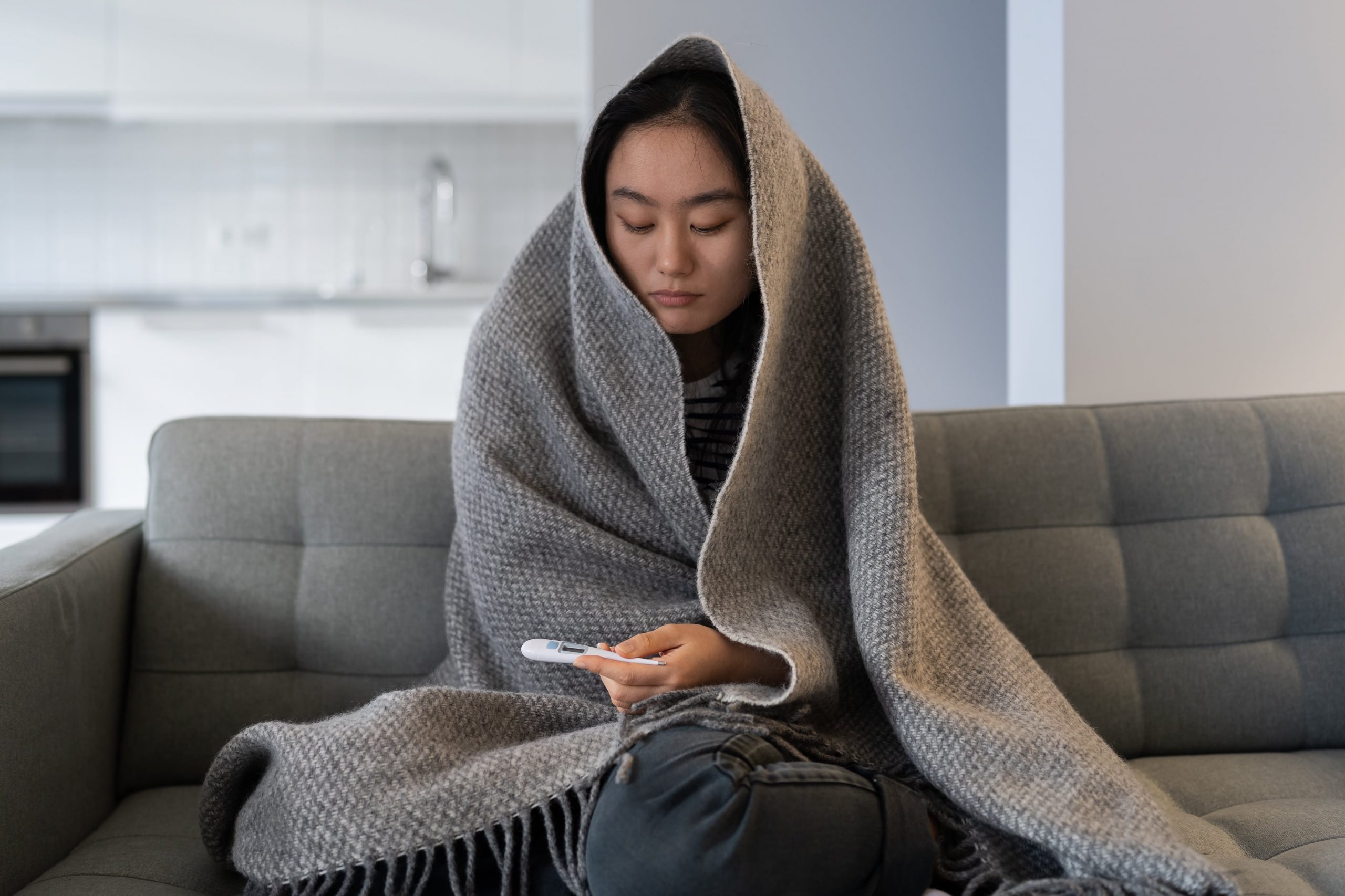Rhinoviruses are the main cause of the common cold, a virus that makes daily life very difficult with symptoms like a stuffy or runny nose, sore throat, and tiredness. The average adult gets two to three colds a year. These viruses are very easy to spread through direct touch or drops in the air. When you have a cold, you need to put yourself first in order to get better faster. Rest is very important because it lets the body fight the sickness while keeping up its energy. Staying hydrated, using a fan, and drinking warm drinks with honey added can all help ease symptoms and boost immune function. Not only do these things help with pain, but they also boost the body’s natural defenses, which helps it heal faster.
Prioritizing Rest and Hydration
Rest is a very important part of helping the body fight off viral diseases. When someone is sick, their immune system works extra hard to find and kill the virus. The body can focus its energy on this important defensive reaction when it is resting, instead of using it for physical tasks or mental stresses. Among the healing processes that happen in the body while we sleep is the production of cytokines, which are proteins that help fight illnesses and inflammation. People who put sleep and relaxation at the top of their list of priorities help their immune systems do their jobs better, which is important for getting over a cold or other viral sickness.
Getting enough rest and staying hydrated are both important for dealing with cold symptoms and speeding up the healing process. Drinking a lot of water, herbal drinks, and broths helps the body stay properly hydrated, which is important for all of its systems to work at their best. Dehydration can cause problems, like mucus that gets thicker, which can make congestion worse and symptoms feel worse. For people with sore throats or coughs, herbal teas and broths can help because they are warm and soothing. Many of the time, these drinks have good things in them, like vitamins and anti-inflammatory substances, that can help the body’s immune system even more. People can boost their body’s natural ability to fight off viral infections and speed up their healing by getting enough rest and water.
Using Home Remedies and Over-the-Counter Relief
Using natural treatments can help clear up stuffy noses and soothe sore throats. Honey is often used because it soothes the throat and coats it, making it less irritating. People also like ginger because it is thought to help ease throat pain because it reduces inflammation and protects cells from damage. Ginger can be made into a tea or mixed with lemon and hot water to make a soft drink. Another old-fashioned method that can help clear up stuffy noses is breathing in steam. It’s easier to breathe when you breathe in steam from hot water because it can clear mucus and cleanse your nose passages. Adding a few drops of peppermint or eucalyptus essential oils can make the effect stronger.
You can also get over-the-counter (OTC) medicines that help a lot with cold symptoms. Decongestants can help clear up stuffy noses, which makes it easier to breathe. Pain killers, like ibuprofen or acetaminophen, can ease the pain of a sore throat or body aches. If you have a cough that won’t go away or a stuffy nose, cough suppressants and antihistamines may help. It’s important to take the medicine as prescribed and talk to a doctor or nurse before doing so, especially if the medicine is for a child. Using both over-the-counter (OTC) medicines and herbal treatments together can help you feel better and get over a cold more quickly.
Boosting Immunity Through Nutrition and Hygiene
Eating foods that are high in nutrients, like citrus fruits and fresh greens, is a key part of keeping your immune system healthy. Oranges, grapefruits, and other citrus foods are good sources of vitamin C, which is known to boost the immune system and keep the body’s defenses strong. Vitamin C products don’t work very well at keeping colds away, but eating a range of fruits and veggies can give you important nutrients that are good for your health generally. Leafy greens, like kale and spinach, are full of enzymes, vitamins, and minerals that help the body fight off infections and keep cells working well. Eating a lot of different colored fruits and vegetables gives your body a wide range of nutrients, which boosts your immune system and helps you get better faster after getting sick.
Along with changing what you eat, it’s important to practice good cleanliness to stop the cold virus from spreading. By getting rid of germs that you can get from touching dirty surfaces, regular handwashing with soap and water effectively lowers the spread of pathogens. People should wash their hands often, especially before they eat and after coughing, sneezing, or going to the bathroom. Good cleanliness not only keeps you from getting sick, but it also lowers the chance that you’ll give viruses to other people. By eating a lot of healthy foods and practicing good cleanliness, people can boost their immune systems and help the public health effort to stop the spread of diseases.
Conclusion
To get over a cold virus quickly, it’s important to take care of yourself by getting enough rest, staying hydrated, and eating right. Rest is very important for getting better, and getting enough good sleep helps the immune system fight off viruses. Staying refreshed by drinking lots of water helps thin mucus, which eases congestion and keeps you from becoming dehydrated. In terms of nutrition, eating light foods like soups and broths can be good because they are easy on the stomach and may help the immune system by making more T helper 1 cells. There is no fix for the common cold, but medicines like Echinacea and vitamin C may help shorten the time that you feel sick. Over-the-counter medicines can also help with serious symptoms, letting people deal with pain while their bodies naturally fight off the virus.




